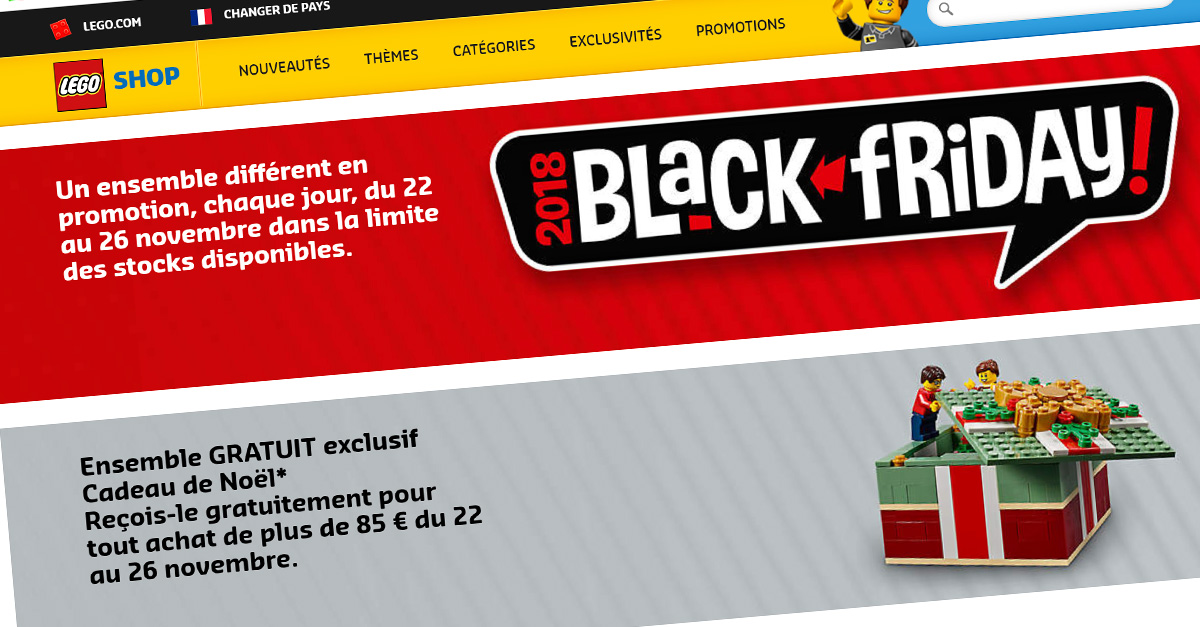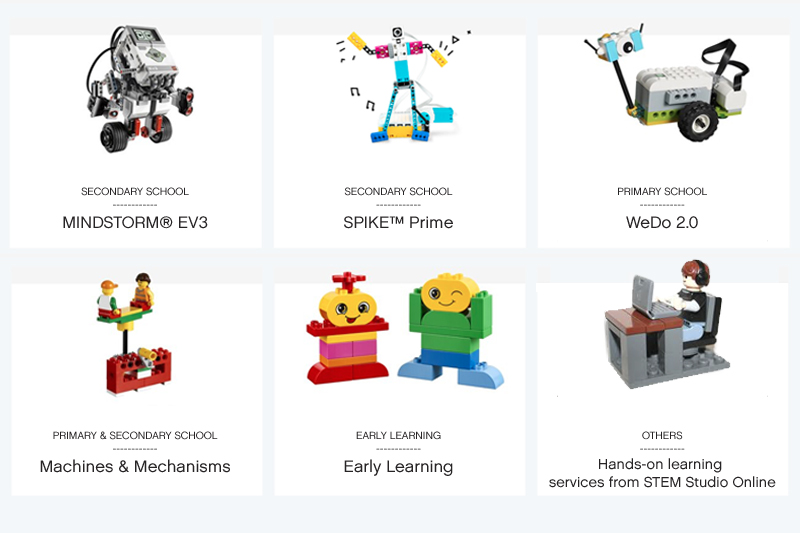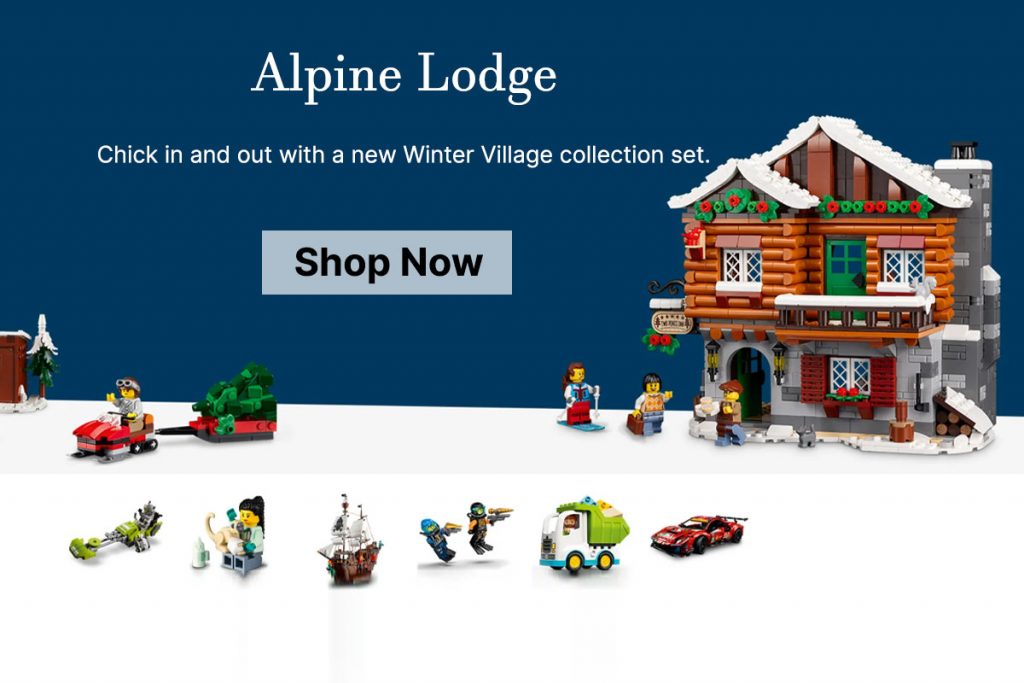About LEGO
LEGO, a company founded in 1932 by Ole Kirk Christiansen, has become an iconic symbol of creativity, innovation, and imagination. The name “LEGO” is derived from the Danish words “leg godt,” which mean “play well.” What started as a small carpentry workshop in Denmark has evolved into one of the world’s leading toy manufacturers, inspiring generations of builders worldwide.
The cornerstone of LEGO’s success lies in its interlocking plastic bricks, which allow users to construct almost anything their minds can conceive. The clutch power of these bricks—the way they firmly yet easily interlock—remains consistent across various LEGO’s sets, regardless of age or theme. This compatibility has fostered an expansive ecosystem where pieces from different sets, created over decades, can be combined to form entirely new creations.
LEGO sets span a vast spectrum, from cityscapes to space exploration, encompassing beloved franchises like Star Wars, Harry Potter, Marvel, and many more. This diversity enables builders to explore diverse worlds and create unique narratives within their LEGO’s universes.
Beyond just bricks and sets, LEGO’s fosters education through play. The company has developed programs like LEGO Education, incorporating STEM concepts into playful learning experiences. These programs are used in schools worldwide, promoting problem-solving, collaboration, and creativity in children.
The LEGO Group values sustainability and has committed to using sustainable materials in its products. By 2030, they aim to produce all their products and packaging using sustainable materials.
LEGO’s has also embraced digital platforms, introducing video games, movies, and apps that extend the LEGO’s experience beyond physical play. Games like LEGO’s Dimensions and the LEGO’s video game series allow players to immerse themselves in virtual LEGO’s worlds, blending digital entertainment with the tactile joy of building.
The LEGO’s community plays a vital role in the brand’s success. Online platforms, such as LEGO’s Ideas, allow fans to submit their own creations for potential production. This crowdsourcing approach has led to the development of sets based on fan-submitted designs, fostering a strong connection between the company and its consumers.
LEGO’s impact extends beyond entertainment—it has been used for therapeutic purposes, aiding individuals with autism, anxiety, or other conditions by providing a calming, structured activity. Its universal appeal transcends age barriers, attracting both children and adults who find joy and relaxation in building with these bricks.
LEGO’s continues to evolve, embracing technological advancements like robotics with its LEGO’s Mindstorms line, catering to builders interested in engineering and programming. Moreover, their collaborations with organizations like NASA have resulted in sets that celebrate space exploration, inspiring future generations of scientists and engineers.
LEGO is more than just a toy—it’s a symbol of creativity, innovation, and endless possibilities. Its ability to foster imagination, learning, and play while adapting to changing times has solidified its place in the hearts of millions around the globe.
LEGO Offers

LEGO offers a diverse array of products and experiences designed to engage, entertain, and educate individuals of all ages. Here’s a breakdown of some of the offerings:
- LEGO Sets: These encompass a wide range of themes, from cityscapes and vehicles to licensed sets based on popular franchises like Star Wars, Harry Potter, Marvel, DC Comics, Disney, and more. Sets vary in complexity and size, catering to different age groups and interests.
- LEGO DUPLO: Specifically designed for younger builders, DUPLO features larger bricks, making them easier to handle and less of a choking hazard. These sets encourage early construction skills and imaginative play in toddlers and preschoolers.
- LEGO Technic: Geared towards older builders and engineering enthusiasts, Technic sets involve intricate designs, gears, motors, and more advanced building techniques, allowing users to create complex models like cars, cranes, and machines.
- LEGO Mindstorms: This series combines LEGO’s building with robotics, enabling users to create programmable robots. Mindstorms kits come with sensors, motors, and a programmable brick that allows users to code their creations to perform various tasks.
- LEGO Education: Targeted at schools and educational institutions, LEGO’s Education provides curriculum-based sets and resources that integrate LEGO’s bricks into learning subjects like science, technology, engineering, mathematics (STEM), and beyond.
- LEGO Video Games: LEGO’s has developed a series of video games based on popular franchises, offering players the chance to explore iconic worlds in a playful LEGO’s format. These games often feature cooperative gameplay and puzzles.
- LEGO Online Services: Platforms like LEGO’s Ideas, LEGO Life, and the LEGO website offer online engagement, allowing users to share creations, participate in challenges, access building instructions, shop for sets, and explore educational resources.
- LEGO VIP Program: LEGO’s loyalty program rewards customers with points for purchases made on their official website or in LEGO stores. These points can be redeemed for discounts or exclusive items.
- LEGO Accessories: Apart from sets, LEGO’s offers various accessories such as minifigures, baseplates, storage solutions, and individual bricks through their online store.
These offerings collectively cater to a wide audience, providing opportunities for play, learning, creativity, and community engagement within the LEGO’s universe. Whether for entertainment, education, or personal enjoyment, LEGO’s diverse lineup aims to inspire and engage builders of all ages and interests.
LEGO Online Services

LEGO’s online services are a crucial part of the brand’s engagement with its audience, providing various avenues for interaction, creativity, and community building.
- LEGO.com: The official LEGO website serves as a central hub for all things LEGO. Users can explore the latest sets, access building instructions, watch videos, and find information about LEGO’s events and activities.
- LEGO Shop: An online store where users can purchase LEGO sets, bricks, minifigures, and exclusive items. It offers a wide range of products, including sets from various themes and limited-edition collector’s items.
- LEGO Life: Designed as a safe social network for kids, LEGO’s Life allows young users to create a profile, share their LEGO’s creations, participate in building challenges, and engage with other LEGO’s enthusiasts in a controlled online environment. It’s moderated to ensure a positive and secure experience for children.
- LEGO Ideas: This platform invites fans to submit their own LEGO’s set ideas. Users can submit designs, and if their creation gains enough support from the community, it might be considered for production as an official LEGO set. It’s a fantastic way for fans to have a say in what LEGO’s creates next.
- LEGO Digital Designer and LEGO Digital Building Instructions: LEGO’s offers software like LEGO Digital Designer, a virtual building program that allows users to create custom LEGO models on their computers. Digital Building Instructions provide step-by-step guides for building sets, available online for easy access.
- LEGO Video Games and Apps: LEGO’s has a range of video games and mobile apps that bring the LEGO’s experience to digital platforms. These games often incorporate popular franchises like Star Wars, Marvel, DC Comics, Harry Potter, and more, allowing players to explore LEGO-themed worlds and engage in adventures.
- LEGO Education: LEGO’s online educational resources are available for teachers, educators, and parents. They include lesson plans, activities, and curriculum materials designed to integrate LEGO’s bricks into learning experiences across various subjects, fostering creativity and critical thinking in children.
- LEGO VIP Program: LEGO’s loyalty program, VIP, offers points for purchases made on LEGO.com or in LEGO’s stores. Members can earn points and redeem them for discounts or exclusive items.
- Customer Service and Support: LEGO’s online platform also provides customer support, FAQs, and resources for troubleshooting issues with sets, missing pieces, or any other concerns users might have.
LEGO’s online services cater to a diverse audience, providing avenues for play, creativity, learning, shopping, and community engagement within the LEGO’s universe.
Conclusion
LEGO’s journey from a small Danish workshop to a global phenomenon represents more than just a toy—it’s a testament to creativity, innovation, and the power of imagination. Over the years, LEGO’s has become synonymous with endless possibilities, fostering a culture of play, learning, and community building.
The iconic interlocking bricks have transcended generations, providing a platform for boundless creativity. From themed sets that bring beloved stories and worlds to life to educational programs that instill valuable skills, LEGO’s continually evolves, embracing technology while staying true to its core values.
Through its online services, LEGO has expanded its reach, offering not only a diverse range of products but also a digital ecosystem that encourages interaction, creativity, and engagement. Platforms like LEGO’s Ideas and LEGO Life empower users to contribute, share, and connect within a safe and inspiring environment.
LEGO’s commitment to sustainability, innovation, and customer satisfaction remains unwavering. Whether through its educational initiatives, video games, or online communities, LEGO’s continues to inspire and unite people worldwide, leaving an indelible mark on the world of play and imagination. As it moves forward, LEGO’s legacy as a symbol of creativity and endless possibilities continues to inspire both the young and the young at heart.



